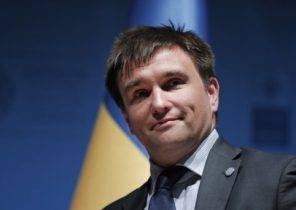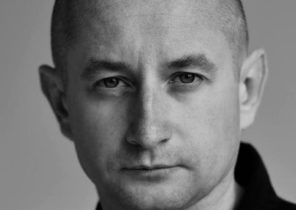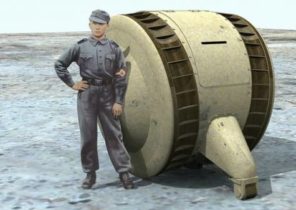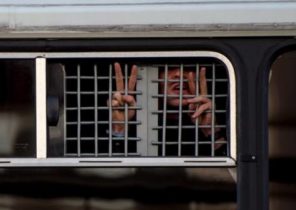
Moscow, Tuesday.
Lenin, who lived in the Hills, 30 kilometers from Moscow, yesterday suddenly had a relapse of the disease. He lost consciousness and within an hour died. Death came about seven o’clock in the evening.
When this morning at 11 a.m. the conference convened, with difficulty speaking Kalinin announced the death of Lenin a few intermittent sentences. Almost everything in the Bolshoi theatre began to cry from all sides was heard the hysterical lamentations of the women. Tears ran down the cheeks of members of the Presidium. Crying orchestra played the funeral March of the revolutionaries. Lashevich announced that on January 21 in the Russian calendar will be a day of mourning.
The elders of the Congress today will go to the hills, and tomorrow will bring the body of Lenin in Moscow in the House of Unions in six hours will start parting with the leader. Probably, the funeral will take place on Saturday. Congress, of course, announced a break in their work.
Lenin’s death was completely unexpected, because recently he confidently went on the mend. At first he was allowed only to listen to the headlines, but lately, he’s very autocratic began to lead their own recovery, and chose what passages from Newspapers to listen. Because of paralysis of the right hand, Lenin could not write, but the staff found scraps of paper in his room and realized that he secretly learned to write with his left hand. The healing process went quickly, and before Christmas he was even able to get out into the woods to shoot. The next day Kamenev announced at the meeting that Lenin is recovering and will soon return to work.
His protracted struggle with his own illness saved the country from shocks that could cause death that happened after the first stroke. All in all, Lenin died at a time when his absence is very keenly felt at the recent party discussion. Intraparty disputes are not ended even before the Congress of Soviets. His death is a blow not only to the Communist party, but throughout Russia. Even implacable enemies of the revolution does not hide his respect for one of the greatest figures in Russian history.
It so happened that today is the day of memory of those who died in Bloody Sunday in 1905. The city has put up red flags with mourning ribbons even long before I learned of the death of a dear person. Flag at half-mast on the building of the British mission.
Yesterday afternoon, the Russian Telegraph Agency in London made the following statement:
Lenin died on January 21 in six hours and 50 minutes in Gorki near Moscow. The doctor says: “on 21 January, the condition of Vladimir Ilyich suddenly deteriorated. At five o’clock in 30 minutes it got hard to breathe. He lost consciousness and died in six hours and 50 minutes from paralysis of the respiratory centres.”
In a government communiqué says: “the most painful blow to the workers of the Soviet Union, since the conquest of power by the workers and peasants of Russia will be a powerful shock to each of the workers and peasants not only in our country but throughout the world. The broad masses of workers around the world will mourn the death of their greatest leader. He is no more with us but his work remains undimmed. Expressing the will of the toiling masses, the Soviet government will continue the work of Lenin, persistently following written by. The Soviet government stands firm at his post, watching the conquests of the proletarian revolution”.







